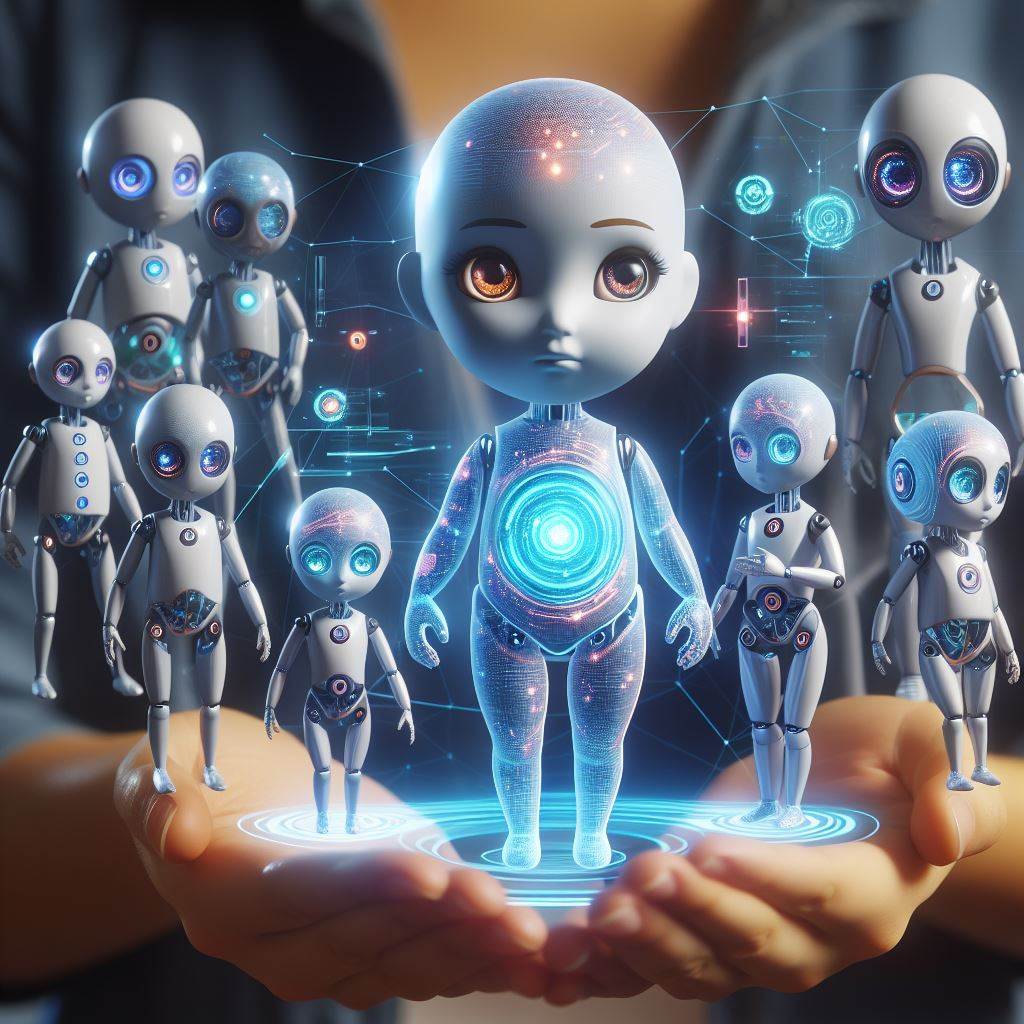
In response to growing concerns from activists and parents regarding the potential misuse of its AI tools by children, OpenAI has established a new Child Safety team dedicated to studying ways to prevent such misuse or abuse.
The existence of the Child Safety team was revealed through a recent job listing on OpenAI's career page, where the company announced its search for a Child Safety Enforcement Specialist. This team is collaborating with platform policy, legal, and investigations groups within OpenAI, as well as external partners, to manage processes, incidents, and reviews related to underage users.
The primary responsibility of the Child Safety Enforcement Specialist will be to apply OpenAI's policies in the context of AI-generated content and oversee review processes related to sensitive content, particularly content related to children.
As tech vendors are required to comply with laws such as the U.S. Children's Online Privacy Protection Rule, which mandate controls over children's access to online content and data collection practices, OpenAI's decision to establish a Child Safety team aligns with industry standards. OpenAI's current terms of use already require parental consent for children ages 13 to 18 and prohibit the use of its services for children under 13.
The formation of the Child Safety team suggests OpenAI's recognition of the importance of addressing policies pertaining to minors' use of AI and avoiding negative publicity. With an increasing number of kids and teens turning to AI tools for various purposes, including academic assistance and personal issues, there is a growing concern about the potential risks associated with their usage.
OpenAI's partnership with Common Sense Media to develop kid-friendly AI guidelines and its recent collaboration with its first education customer highlight the company's efforts to address these concerns proactively.
Despite the potential benefits of AI tools for educational purposes, there are concerns about their misuse, including plagiarism, misinformation, and negative interactions among users. OpenAI has acknowledged the need for caution when exposing children to AI tools, even those who meet the age requirements.
Calls for guidelines on the usage of AI tools by children are increasing, with organizations like the UN Educational, Scientific and Cultural Organization (UNESCO) advocating for government regulations to ensure the responsible use of AI in education. UNESCO emphasizes the importance of public engagement and regulatory safeguards to mitigate potential harm and prejudice associated with AI technologies.
In light of these developments, OpenAI's establishment of a dedicated Child Safety team underscores its commitment to addressing concerns surrounding the use of AI tools by children and ensuring a safer and more responsible digital environment for young users.